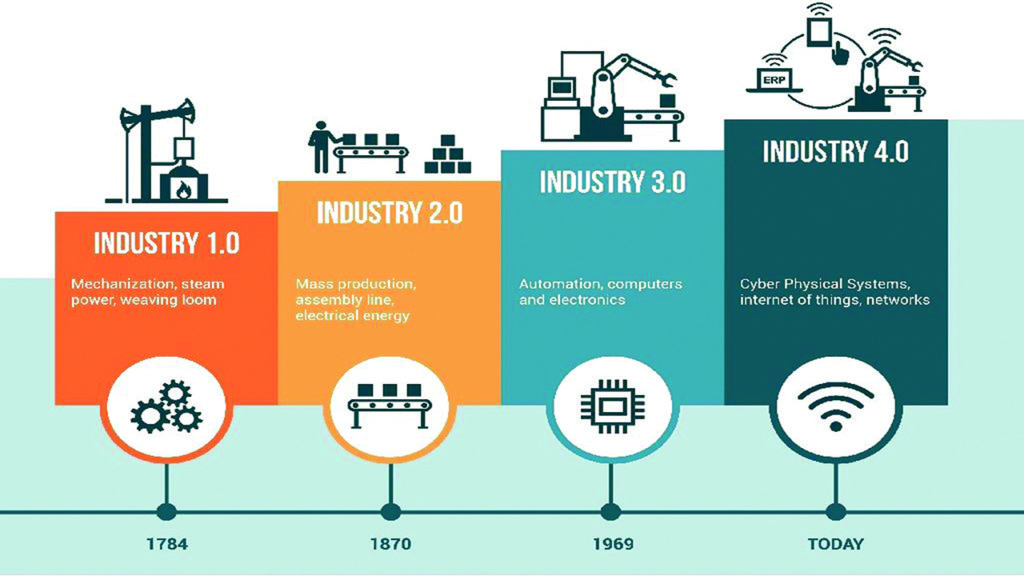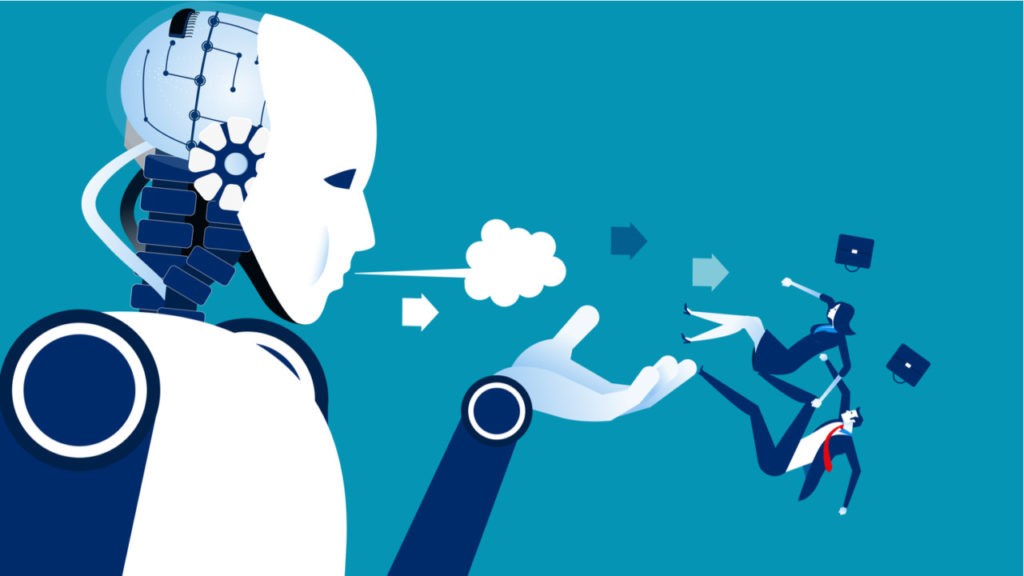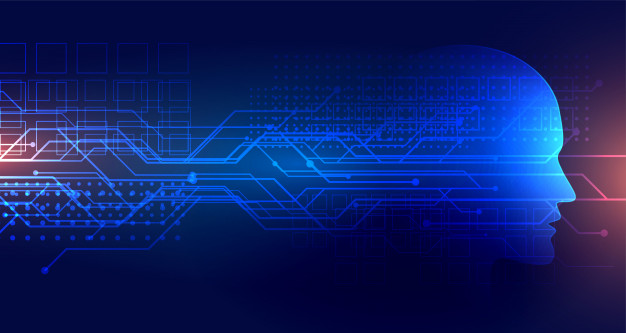There’s a fourth Industrial Revolution coming – Are you ready for it?
We probably know a little about the First Industrial Revolution that occurred in Europe, and how that affected people all over the world – what jobs became available (and valuable), and how it had a knock-on effect on the statuses and economies of countries all over the world. We know of the Second and Third Industrial Revolutions, maybe not in those terms, but at least we know about the advent of electricity and the invention of computers respectively, and how those changed the world.
Humanity is entering probably its most exciting yet challenging period yet, the Fourth Industrial Revolution, and as happened in the previous revolutions, there will be a huge effect on our human institutions and on industries as we know them. This phase is a little different because it will challenge our very understanding of what it means to be human, something it has actually already began to do.
A brief look at the industrial revolutions so far
The First Industrial Revolution started in Britain around 1760 and was powered by a major invention: the steam engine. The steam engine changed the face and scale of manufacturing in Europe, leading to the creation of factories. Iron and steel became the major materials used, and coal became an important energy source.
The Second Industrial Revolution would show up about one century later and was characterized by mass production in new industries like steel, oil and electricity. The light bulb, telephone and internal combustion engine were some of the key inventions of this era. The era also saw technology like the telegraph and railroad networks become more widespread, leading to more migration and maybe the first major wave of globalization. The manufacturing production line meant more things could be produced in a shorter amount of time, thanks in part to electricity. The Second Industrial Revolution is generally thought to have ended in 1914, at the start of the First World War.
The Third Industrial Revolution, we are more familiar with. This is what brought us the semiconductor, the personal computer and more recently the internet. It started in the 1960s and is also referred to as the “Digital Revolution.” The smartphone is another key invention of this period, and with the evolution of the internet have come things like social media. The Third Industrial Revolution is significant because it marks a huge shift from the analog way we understood the world and applied scientific knowledge, and with this way of thinking the possibilities have proven endless, opening doors for The Fourth Industrial Revolution.

What is the Fourth Industrial Revolution?
Klaus Schwab, founder and executive chairman of the Geneva-based World Economic Forum (WEF), published a book in 2016 titled “The Fourth Industrial Revolution” and coined the term at the WEF meeting in Davos that year. Schwab argues that there is a specific technological revolution that has just started “that is blurring the lines between the physical, digital and biological spheres,” and that this revolution must be viewed separately from The Digital Revolution.
Basically, he describes the Fourth Industrial Revolution as the era where technologies like artificial intelligence, genome editing, augmented reality, 3-D printing, autonomous vehicles and the internet of things are merging with humans’ physical lives and changing the way we create, interact with each other, produce goods and provide services, and distribute value. The advent of voice-activated assistants and facial ID recognition on our phones are some of the more common ways we can see how this era has begun, and how it is already affecting our lives.
I mean think about it. We can now edit the very building blocks of life (genomes) through low-cost gene sequencing and techniques such as CRISPR. We can actually add, remove, alter or replace DNA now. Meaning we can genetically engineer crops to be more resistant to diseases, and can even do similar to humans, genetically editing DNA where there is a predisposition to a particular disease.
Automation is becoming more and more a part of human life, with the idea of self-driving cars (for example) becoming a very real prospect for the future the least of the prospects automation brings. Artificial Intelligence continues to grow at an incredible rate, and it is only a matter of time before we see more widespread uses in our industry processes as connected machines will interact, visualize the entire production chain and make decisions autonomously.
Let’s not even get started with block chain technology and its ramifications on our understanding of the more fickle than ever boundaries between the physical and digital worlds. And how about the huge strides taken in neurotechnology, that are showing even more ways we can use the brain in tandem with the progress we are making in other technological spheres?
All these examples point to the dawn of a new age, a different type of industrial revolution than we have ever seen, where mechanization and digitization are no longer just tools, but quite possibly something even greater.
What are the fears people have of the Fourth Industrial Revolution?
As with any major shift in the way we understand the world and run society, the Fourth Industrial Revolution, while holding tremendous promise, also poses significant challenges, and world leaders need to anticipate these and start working towards solving the issues before they arise. There is the risk of:
- Cyber security terrorism, which we have already seen has started in countries like the USA.
- Misinformation on a massive scale that can lead to huge events like the toppling of an economy or just pure mayhem in an entire nation for whatever reason any organized group of criminals/hostiles can orchestrate.
- Unemployment as jobs go obsolete. Some jobs will definitely not exist once the Fourth Industrial Revolution is in full force, and we need to plan for that. There could also be an even wider gap between the rich and the poor as there’s the very real possibility of even greater segregation than there is now between what some might consider ‘low-skill’ jobs and the ‘high-skill’ ones the Fourth Industrial Revolution will create.
- Countries and private corporations becoming just too economically and politically powerful. Usually, first-adopters of technology are the ones with the financial means to secure it and reproduce it for others, and that technology can catapult their continued success, thereby increasing economic and political might.

By recognizing the risks, however, humanity can collectively decide to ensure that our values are not compromised by technological advancement. Humans must be put at the forefront of all innovation and policy that relates to this revolution. This requires cooperation on a global level and a continuous discussion of how technology is and will be reshaping our economic, social, cultural and individual lives. The issue with this though remains the same: will our world leaders rise to the occasion and see the need to take this seriously and plan for a better future for the generations to come?

